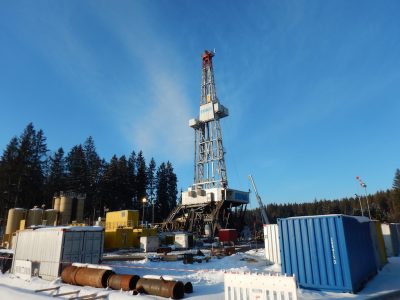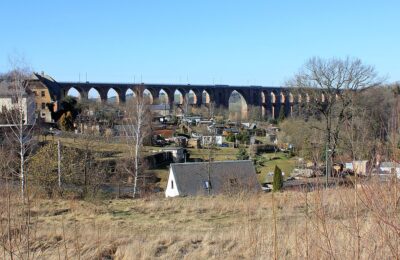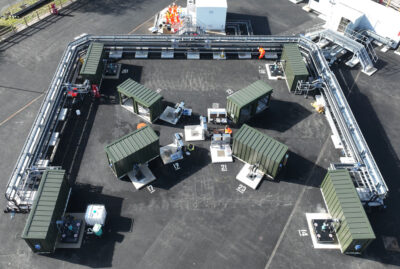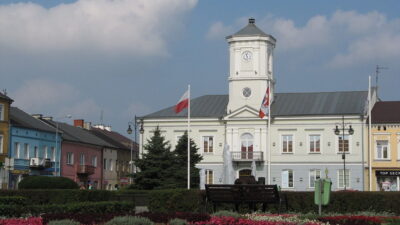Geothermal industry wants EU risk insurance scheme
The European Geothermal Energy Council (EGEC) wants the remaining portion of the €3.98 billion granted to a variety of energy projects to be allocated to help create an EU fund covering geothermal exploration and drilling risks.
In news of last week, “The European Geothermal Energy Council (EGEC) wants the remaining portion of the €3.98 billion granted to a variety of energy projects to be allocated to help create an EU fund covering geothermal exploration and drilling risks. On 5 March, the European Commission granted a further €2.3 billion to 43 gas and electricity projects, mainly interconnectors, under the economic recovery plan (EERP). This represents some 97% of the funds available, following similarly generous grants, in December 2009, for projects in the field of carbon capture and storage (CCS) and offshore wind.
By using the remaining 3% to create a European geothermal risk insurance scheme, the EU will remove one of the main barriers for geothermal development in Europe, particularly in Eastern Europe, argues EGEC. The geothermal industry association adds that such governmental risk mitigation schemes exist in France, Switzerland, Germany and the Netherlands. Geological risk relates to the possibility of failure, following drilling, to achieve insufficient production and/or temperature characteristics. This then renders the operation unprofitable.
“A scheme at the European level is crucial and is lacking. It could be developed in cooperation with the European Investment Bank,” continues EGEC. Risk coverage schemes would cover a certain percentage of the investments. Pointing to the huge potential in Central and Eastern Europe, EGEC adds that a European geothermal risk fund would restore geographical “balance” as a significant portion of the €3.98 billion under the EERP went to energy projects located or managed by companies in Western Europe. ‘New’ member states would also significantly improve their security of their energy supply.”
Source: Europolitics, EGEC reaction (pdf)


















